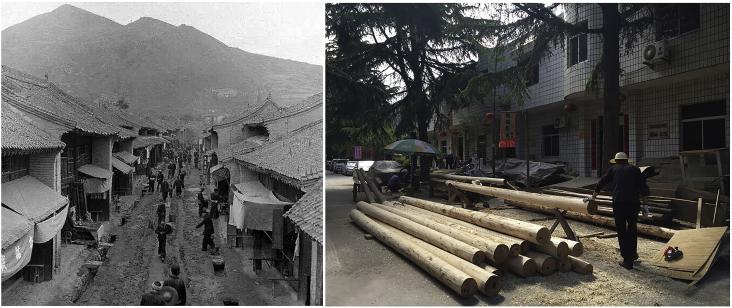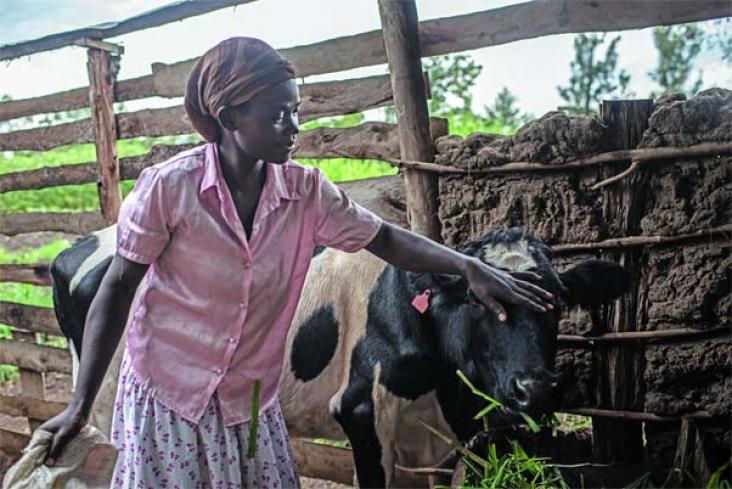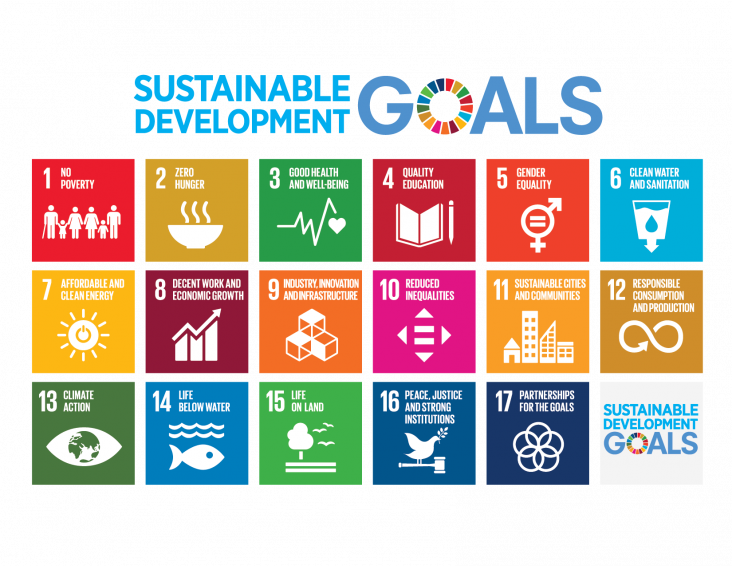Data collection methods and poverty measures have not caught up with the reality of an increasingly urbanised world; as a result, urban poverty may be underestimated.
This paper presents a new demographic profile of extreme and moderate poverty, defined as those living on less than $1.90 and between $1.90 and $3.10 per day in 2013, based on household survey data fr
After a long-term decline in the frequency and lethality of famines, 2017 has witnessed resurgent international concern over the issue.
Where are commodity crops certified, and what does it mean for conservation and poverty alleviation?
Voluntary sustainability standards have expanded dramatically over the last decade.
This paper shows that despite progress in reducing extreme poverty, little progress has been made in reducing the number of people living on between $1.25 and $2 a day and it provides updated estimate

Increasing attention has been given to historically and culturally significant traditional villages in China in the past five years. Two key themes have been protection and usage.
The tremendous increase in allergy in the African continent cannot simply be explained by the change in public hygiene.
Ecological infrastructure (EI) refers to ecosystems that deliver services to society, functioning as a nature-based equivalent of, or complement to, built infrastructure.

Nearly 30 years on from its launch by a group of UK West Country dairy farmers, the charity Send a Cow is making a big difference to people’s lives in seven countries in Africa. With its new campaign under way, Farmers Weekly finds out what the charity hopes to achieve and how farmers abroad are benefiting with the help of their UK counterparts. Endeavours such as this support SDG 1 No Poverty, and SDG 2 Zero Hunger and are a great example of SDG 17 Partnerships for the goals in action.

The Blueprint for Business Leadership on the SDGs aims to inspire all business to take leading action in support of the achievement of all Sustainable Development Goals (SDGs).
